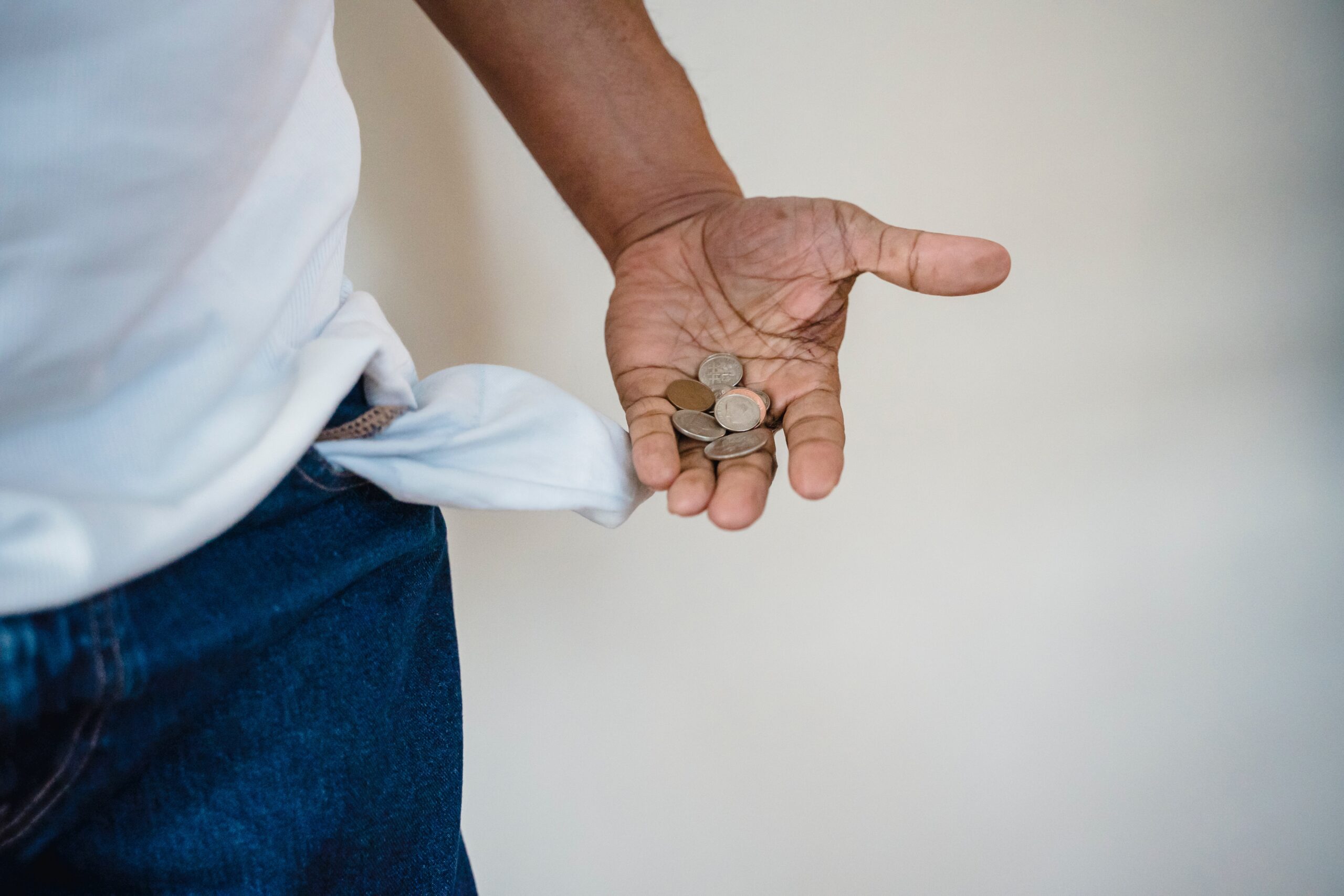Why Crypto Companies Choose Chapter 11 Bankruptcy
After the Terra ecosystem fell apart, there was a wave of companies going out of business in the cryptocurrency market. A number of big players, including Celsius Network, Three Arrows Capital, Voyager Digital, FTX, and a few others, have said they are bankrupt. Many of these...

After the Terra ecosystem fell apart, there was a wave of companies going out of business in the cryptocurrency market. A number of big players, including Celsius Network, Three Arrows Capital, Voyager Digital, FTX, and a few others, have said they are bankrupt. Many of these companies go through the relevant process in the United States, where filing for Chapter 11 bankruptcy lets the business reorganize and pay off debts to creditors.
What is a Chapter 11 Bankruptcy?
In the United States, filing for bankruptcy lets the business owner start over, pay off debts, and even “extend the life” of a failing business. Chapter 11 bankruptcy is often called “reorganizational bankruptcy” because the debtor usually keeps running the business, has the powers and responsibilities of a trustee, and can still do business.
Basically, the same people run the business now as they did before it went bankrupt. But in special cases, like when there is fraud or gross incompetence, a court-appointed trustee takes over and does these things while the case is going on. For the process to go smoothly, the company needs to make a reorganization plan. In this case, the document can be approved by creditors. The court will let it go through if it gets the required number of votes and meets certain legal requirements.
What are the advantages and disadvantages of the process for the applicant and the creditors?
Chapter 11 bankruptcy has benefits like keeping control of the company and being able to keep doing business. This lets stakeholders get their money back in a more complete way.
Experts pointed out that the process took a long time (up to a few years) and cost a lot of money. They said that the process is one of the most expensive ways to go bankrupt, in part because lawyers cost a lot of money.
Can a court end a Chapter 11 bankruptcy case?
Experts have said that there are many reasons why a court might throw out a Chapter 11 case. For instance:
- failure to follow court orders or the US Bankruptcy Code;
- insufficient protection of creditors’ interests;
- the debtor’s inability to carry out a successful reorganization;
- relevant claims of the debtor or the majority of creditors;
- bad things that happened during the bankruptcy process, like the debtor’s financial situation getting worse.
Lawyers emphasized that the court can only throw out the case if there are good reasons and after all parties have been given notice and a chance to be heard.
Chapter 11 details for cryptocurrency companies that want to file for bankruptcy
As was said above, for the bankruptcy process to go smoothly, the debtor must present a reorganization plan that includes, among other things, the value of its assets and liabilities.
When it comes to crypto-currency companies, problems can arise because it’s hard to find and judge the funds on their balance sheet.
Lawyers also said that problems could happen when assets are being sold off. The debtor might try to sell all of the company’s low-liquidity tokens on the market, which would cause the value of those tokens to drop sharply. Because of this, he will get less money than he was hoping for.
What are the Other Options?
Experts say that the most common alternatives to this procedure are filing for bankruptcy under Chapter 7 of the US Code, selling assets outside of bankruptcy, and restructuring debt.
But Chapter 11 is often the best choice for big businesses with a lot of debt that want to keep running. Also, this type of bankruptcy is good for both the debtor and the creditors. If the reorganization plan works, creditors get a much bigger share of the money than they would with Chapter 7 or other types of bankruptcy.
So, the Chapter 7 bankruptcy process includes closing down a business and paying off its debts. Lawyers made it clear that in this case, the company stops doing business, and creditors only get a small amount of the money they are owed.
